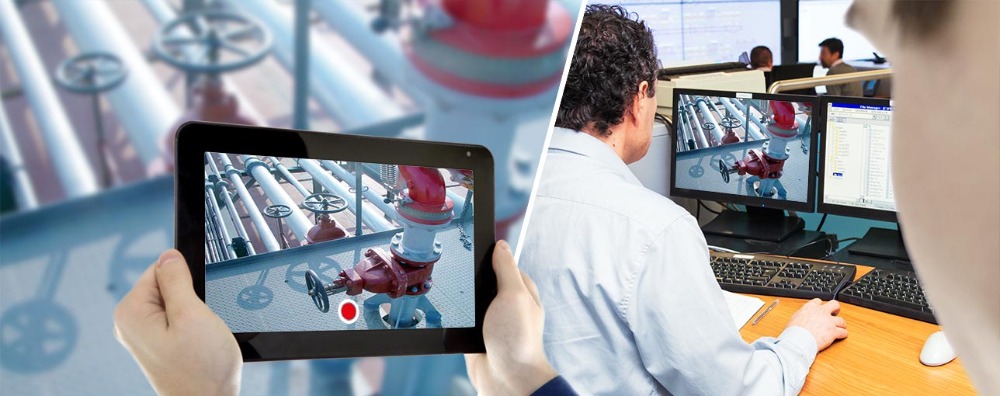Time to take advantage of remote surveys?
DNV GL discusses how superyachts can manage surveys during the COVID-19 pandemic…
During the COVID-19 pandemic, DNV GL has been working hard to deliver its services despite the challenges. Hosting a webinar entitled ‘Keeping your superyacht in operation’, the classification society highlighted some of the remote solutions its invested in in recent years, and how they are helping the industry in this current climate.
“We are trying our best to keep momentum going,” explains Mark Kruidenier, DNV GL’s business development manager – western Europe. “It is not always possible to get surveyors on yachts due to the challenging travel restrictions, so together with flag states we are managing to do more remote surveys and audits and, in some cases, allowing postponements. In most cases we are able to find solutions that are both good for the customer and within the rules and regulations that we have to follow.”
DNV GL launched its remote survey service to its fleet in February 2019, long before the current situation with COVID-19 made it so relevant. Like other safety-critical industries, the maritime industry is moving towards centralisation and remote operations, which calls for new ways of working. New technology and connectivity enable verification without necessary attendance on board.
“Remote survey, in connection with the smart survey booking [DNV GL’s digitalised survey booking process], is probably the most cost-effective way to operate a vessel when it comes to class cooperation,” says Stener Stenersen, DNV GL’s head of technical support – Norway. “Ideally, we want to aim for the attendance of one surveyor on board per year and whatever comes up in addition to that can be done remotely.”
“Ideally, we want to aim for the attendance of one surveyor on board per year and whatever comes up in addition to that can be done remotely.”
DNV GL has had positive feedback from its customers who have used its remote survey service, due to the fact it causes very little disruption to operations, can be done when it suits the vessel’s schedule and saves travel time and costs. The typical user case for a remote survey is condition handling and, on some occasions, it can be change of name, change of owner or change of flag, but the scope of remote surveys possible is continuously growing. Due to COVID-19, DNV GL has also had the postponement of periodical surveys, which is normally not allowed, with a typical three-month postponement granted.
Stenersen emphasises that remote surveys are only carried out if the level of assurance is equivalent to an on-board survey. “It is not a simple way out,” he advises. “Some requests for remote surveys are denied because we don’t feel that we can have the same level of assurance as we can do by going on board. It’s just a more practical way of, for example, checking something is operational again after it has been damaged. If you are able to provide a reliable video showing this, then it makes sense to send it in for us to handle quickly and efficiently instead of travelling to and from the vessel.”
The remote survey is sometimes based on documentation, imagery and a master statement, or DNV GL might require a video or live stream (although streaming can have its limitations due to connectivity issues on board). When the survey has been carried out and completed, a certificate will be issued and will be instantly available electronically via DNV GL’s online portal.
DNV GL recently completed a successful remote survey for a yacht with engine trouble held back by the United States Coast Guard (USCG). DNV GL's operational centre in Hamburg connected with vessel shortly after to carry out a remote survey, the survey report was accepted by the USCG and the ship was released. Another remote survey was recently carried out on a yacht that had suffered a soft grounding in the Caribbean. After reviewing the diver inspection video, and seeing that there was no critical damage, a survey report was issued that allowed the vessel to sail.
DNV GL is receiving many questions from yachts about the logistics surrounding upcoming surveys where an on-board presence is needed. “It depends of course on the type of survey, but in general we are trying to seek solutions,” concludes Stenersen. “If there is a survey that needs to be done, we may be able to approach the flag and agree to a postponement, but in some few cases we have done remote surveys. We can at least postpone the survey so that the vessel is able to sail – that is the fail-safe solution.”
Profile links
NEW: Sign up for SuperyachtNewsweek!
Get the latest weekly news, in-depth reports, intelligence, and strategic insights, delivered directly from The Superyacht Group's editors and market analysts.
Stay at the forefront of the superyacht industry with SuperyachtNewsweek
Click here to become part of The Superyacht Group community, and join us in our mission to make this industry accessible to all, and prosperous for the long-term. We are offering access to the superyacht industry’s most comprehensive and longstanding archive of business-critical information, as well as a comprehensive, real-time superyacht fleet database, for just £10 per month, because we are One Industry with One Mission. Sign up here.
Related news
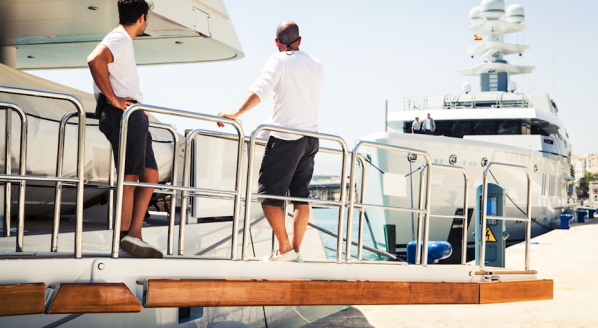
How is COVID-19 affecting crew employment?
Quay Crew undertook a survey to understand whether crew positions are in jeopardy due to the pandemic
Crew
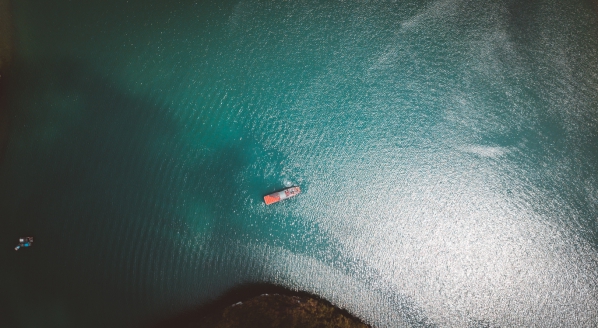
A class notation for airborne noise emissions
The QUIET class notation from DNV GL may help vessels to secure prime spots in port and reduced port fees
Technology
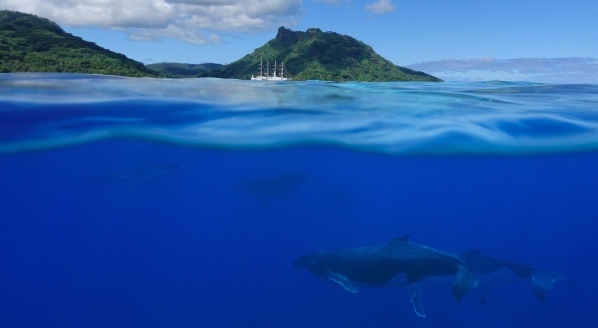
Controlling underwater noise
SILENT class notations from DNV GL are designed to address growing levels of noise from operations at sea
Owner
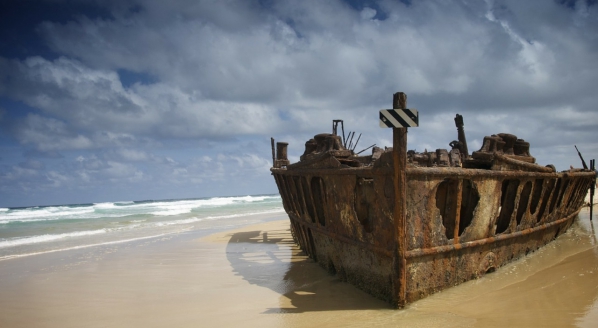
Industry prepares for EU Ship Recycling Regulation
Vessels over 500gt in EU waters will be required to carry a verified Inventory of Hazardous Materials on board
Business
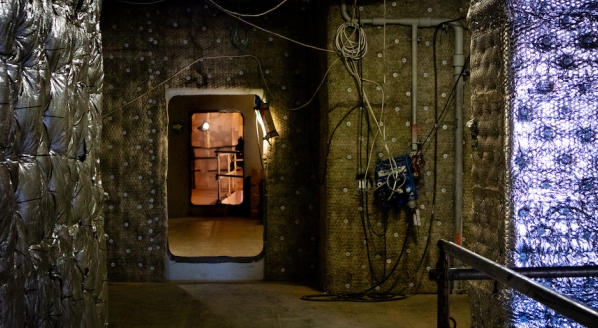
A Class balancing act
How can we develop and share a better understanding of roles and become more transparent and efficient?
Technology
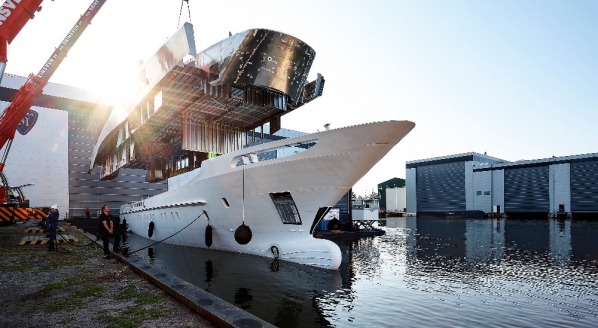
The role of class
How can the relationship between classification societies and the industry improve?
Business
Related news
How is COVID-19 affecting crew employment?
6 years ago
A class notation for airborne noise emissions
6 years ago
Controlling underwater noise
6 years ago
A Class balancing act
6 years ago
The role of class
6 years ago
NEW: Sign up for
SuperyachtNewsweek!
Get the latest weekly news, in-depth reports, intelligence, and strategic insights, delivered directly from The Superyacht Group's editors and market analysts.
Stay at the forefront of the superyacht industry with SuperyachtNewsweek


